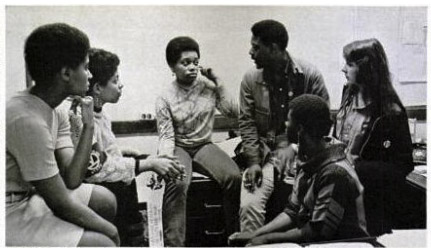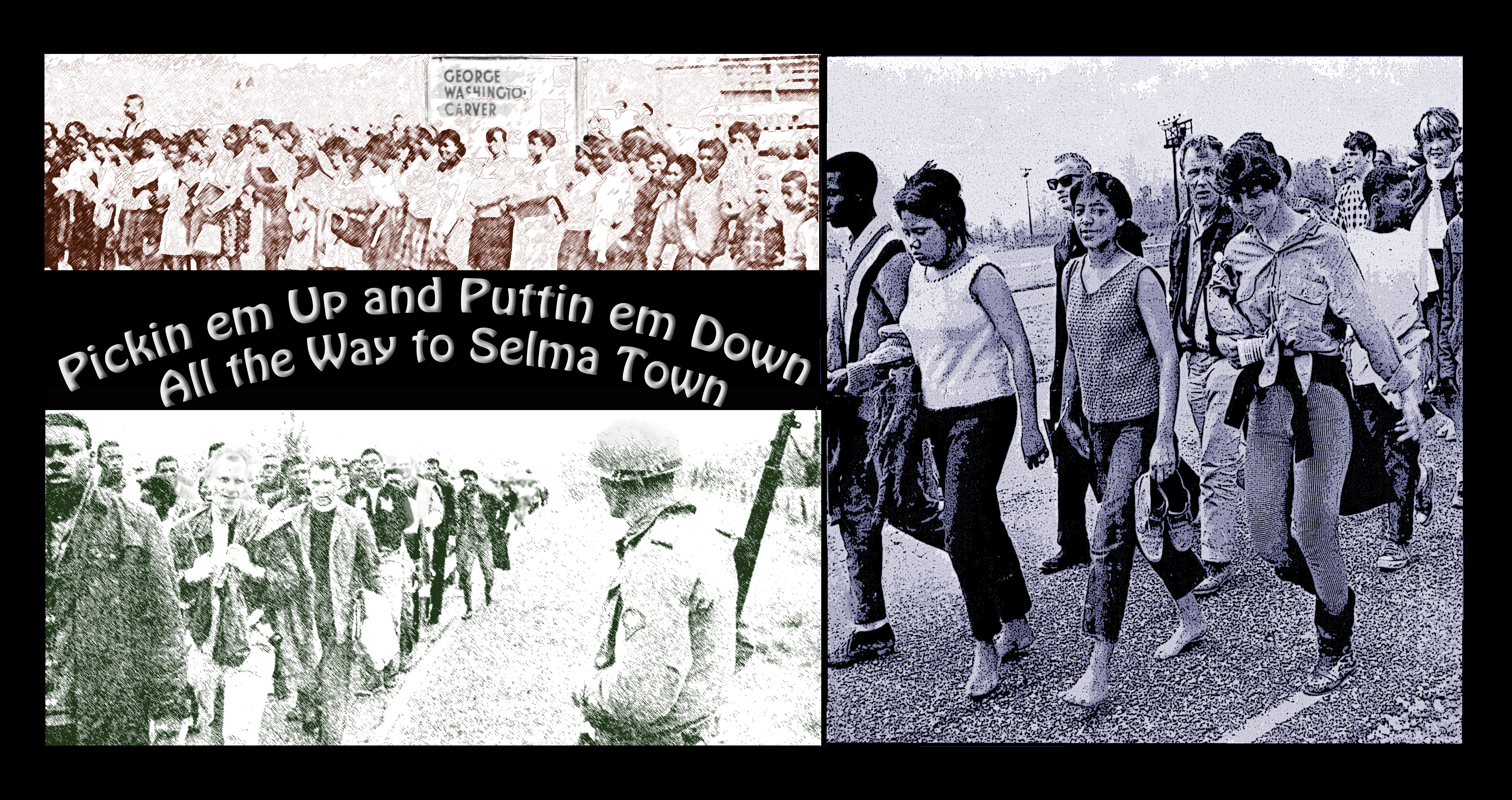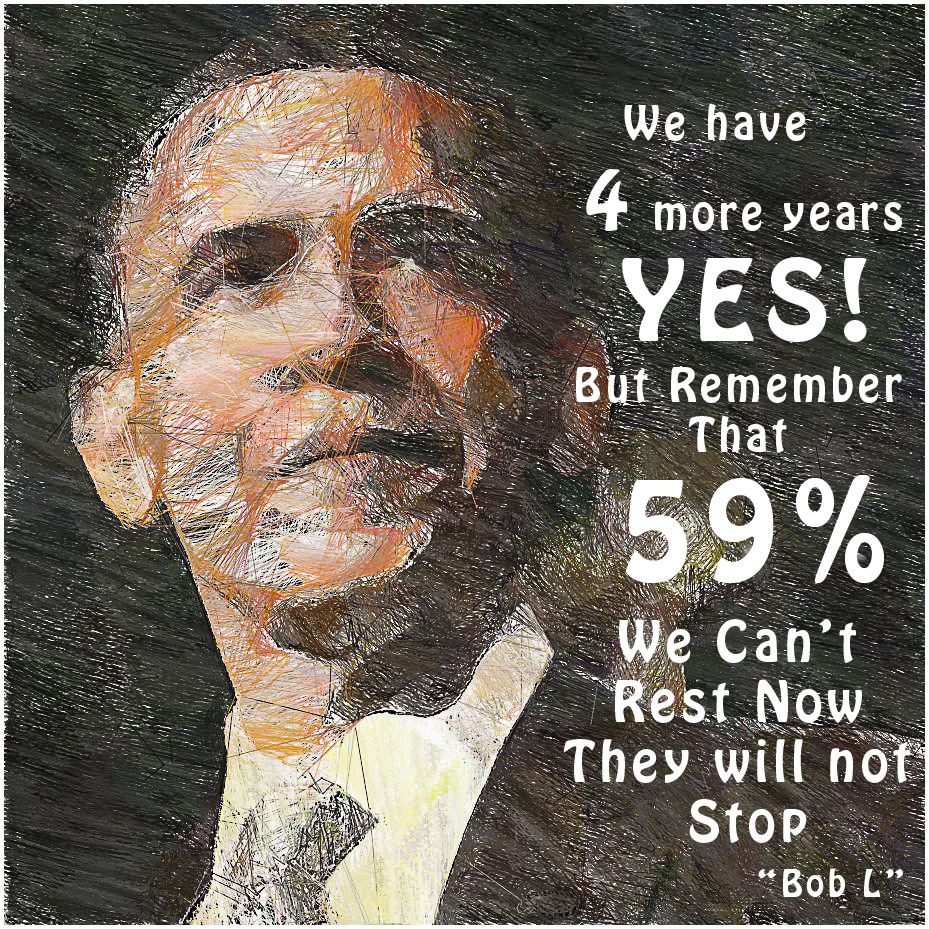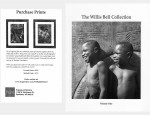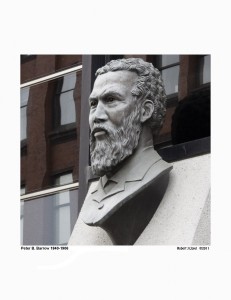
By Patricia Bayonne-Johnson
Peter Barnabas Barrow was one of many African Americans who migrated to the Pacific Northwest and made a tremendous contribution to the development of the Spokane area.
Born a slave near Petersburg, Virginia in 1840, Peter was taken to a plantation near Cosita, Alabama. He ran away when the Union Army came through the area early in 1864 and enlisted in Company A, 66th U.S. Colored Infantry on March 11, 1864 when they reached Vicksburg, Mississippi. Peter was appointed Sergeant on November 1, 1865. He served in Louisiana and Arkansas during the remainder of the war. He remained in the Union Army until March, 1866.
After the war, Peter married Julia, settled in Vicksburg and became active in politics. Peter served as a member of the Mississippi House of Representatives and afterwards as a senator from the district of Vicksburg during reconstruction. Sensing that life was not going to get better in Mississippi, Peter moved his family to Deer Park, Washington, in 1889. Expressing his fondness for the Northwest at a black voters’ meeting in 1890, Peter announced, “I jumped out of hell and landed in heaven on both feet.” Peter Barrow’s political activities included founding the John Logan Colored Republican Club and being nominated for office by the Populist Party.
Peter became one of the first black landowners in Stevens County, cultivating a huge irrigated apple orchard and was a leader in the Farmers Alliance movement. Under his direction, the Deer Lake Irrigated Orchards Co. was formed. It was the largest operation of its kind in the Inland Empire and employed about 100 black men. Winter apples were grown and were exported all over the country.
In 1890 Peter Barrow became one of the founders and pastors of Calvary Baptist Church, Spokane’s first black church. He served as pastor from 1895 to 1906. The church is currently located at 213 E. Third Ave.
In 1892 Rev. Barrow moved his family to a house he built at E 2417 Second in Spokane. He and his wife, Julia, had six sons and one daughter.
The Barrow family gave the black community The Citizen, a newspaper published by Charles Barrow, which chronicled the history of Spokane’s black community. Charles and Olive Barrow are the parents of Eleanor Barrow Chase, wife of James Chase, Spokane’s first and only African American mayor.
Reverend Peter Barnabas Barrow was killed in a streetcar accident on July 28, 1906 while attending a church convention in Tacoma. He is one of the 12 bronze busts honoring early business and community leaders on the east side of the Spokesman-Review printing building at 1 North Monroe Street in Spokane, Washington. On the installation, “Builders and Leaders” also known as The Spokesman-Review Bronzes, Rev. Barrow is identified as a Pastor, Entrepreneur and a Publisher. I would add Politician and Civil War Veteran.
Note: This story was re-enacted at the 3rd Annual Walking with Ancestors at the Greenwood Memorial Terrace in Spokane on September 22, 2012. Walking with Ancestors is a program presented by the members of the Eastern Washington Genealogical Society who tell the stories of the people buried in the cemetery. This year’s theme was “Remembering Our Civil War Ancestors.” I requested an African American man for my presentation and my “ancestor” was Peter Barnabas Barrow. I told Peter’s story as Eleanor, Peter’s granddaughter. Eleanor did not know her grandfather because he died in a tragic accident before she was born.
Sources:
Franklin, Joseph, All Through the Night: The History of Spokane Black Americans, 1860-1940 (Fairfield, Washington: Ye Galleon Press, 1989)
Taylor, Quintard, Barrow, Rev. Peter (1840-1906) The Black Past: Remembered and Reclaimed. Black Past.org (an online Reference Guide to African American History)
Peter B. Barrow, Deposition A, April 22, 1895, Civil War Pension File, NARA, Washington, D. C. , Fold 3.
HistoryLink.org; Jim Kershner
Like this:
Like Loading...

